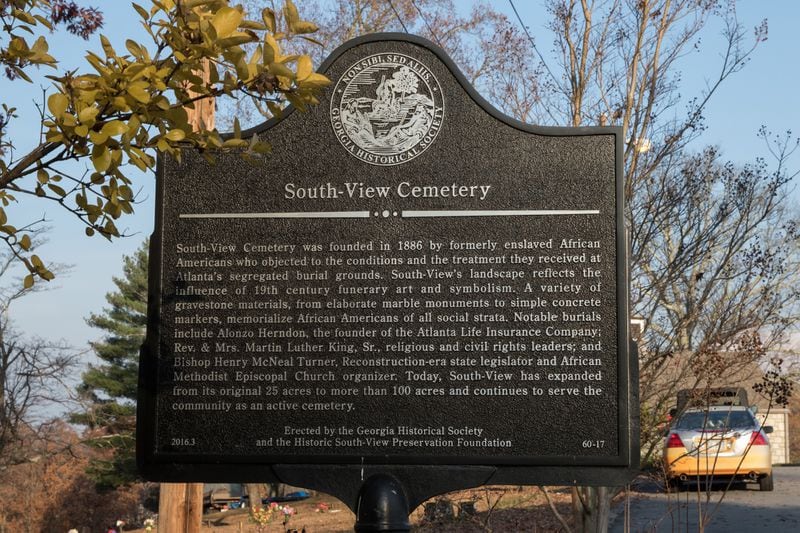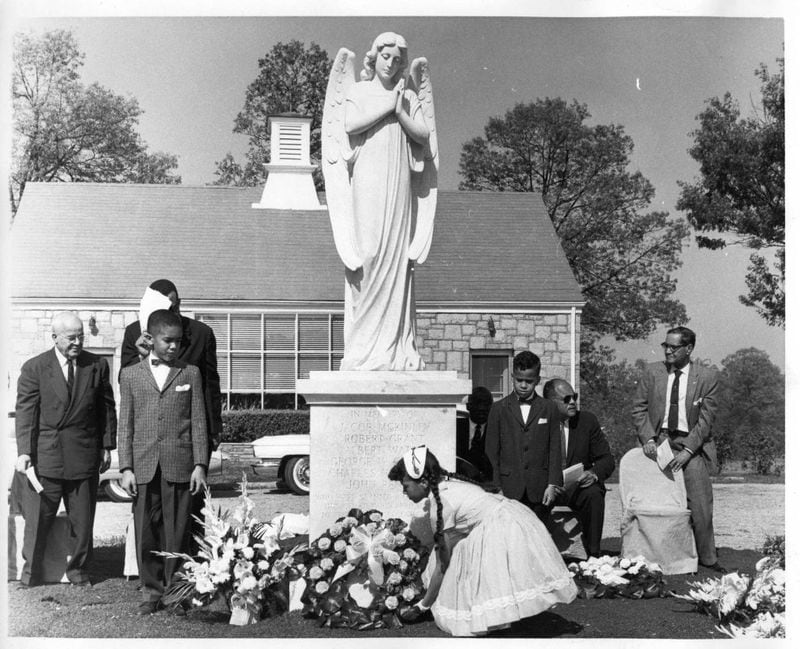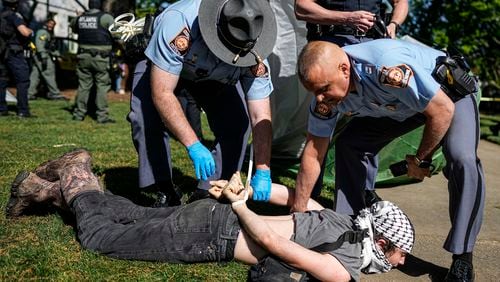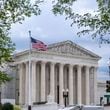The burial site of former slaves and their children, the first free-born Blacks, will serve as the final resting place for the man who fought to make his ancestors proud and change the landscape for future generations.
John Lewis, who died at age 80 on July 17, has been honored in myriad memorials, Celebration of Life ceremonies and public viewings during the last week. The Alabama native spent most of his life as a politician in Atlanta, so his family has chosen the historic South-View Cemetery in the city as the place where his body will be buried. Before his body arrives to the burial site, friends, constituents and colleagues are honoring Lewis in a ceremony in the Rotunda at the Georgia State Capitol on Wednesday and at his funeral at Ebenezer Baptist Church on Thursday.
Credit: Via Explore Georgia
Credit: Via Explore Georgia
The significance of his life, devoted to fighting for social and economic equality for people of color and the LGBTQIA community, is evident by the six-day celebration of life that has marked his legacy in cities including Washington, Selma, Alabama, and Atlanta. Much like his elaborate series of memorial ceremonies, his burial site also speaks volumes about the life he lived.
To better understand that, here’s some background on the legendary cemetery that will house the body of U.S. Rep. John Lewis.
South-View Cemetery sits south of Atlanta, about 15 minutes from downtown. It was founded in 1886 as a respectable burial place for the formerly enslaved Black people who had been mistreated and kept out of the segregated cemeteries. It dates back to the tumultuous years of Reconstruction after the final battles of the Civil War, according to the South-View Cemetery Association website.
Finding a place for freed slaves to be buried was particularly difficult in Atlanta, where Gen. William T. Sherman had set fires across the South and Atlanta during that time. Despite the destruction, the Black community in Atlanta sought to build schools for their children, hospitals to care for the sick, businesses, and dignified places for their loved ones to be buried.
“Blacks had grown tired of the disrespect they were forced to endure in order to bury their family members and friends. They had to enter cemeteries through back gates, and even wade through swamps to conduct funeral services. They were told “If you don't like it, start your own cemetery."
A group of businessmen did just that. Nine Black businessmen, including Jacob McKinley, George W. Graham, Robert Grant, Charles H. Morgan, John Render and Albert Watts, petitioned the state for a charter to establish a cemetery. The charter was granted by April 1886.
Credit: Southview Cemetery Association
Credit: Southview Cemetery Association
South-View Cemetery is the nation’s oldest African American “non-eleemosynary” corporation still in operation, according Explore Georgia. The South Atlanta cemetery provides the grounds for more than 80,000 Black people. Many of the folks who have been buried there have made monumental contributions to American history and the fight for freedom for Black people.
Military heroes, musicians, athletes and civil rights icons are buried there. Two of the cemetery’s most notable included Dr. Martin Luther King Jr. and Dr. Benjamin Mays. Both men were laid to rest at South-View before being moved to the Martin Luther King Center and Morehouse College, respectively. Lt. Henry O. Flipper, the first African American to graduate from the West Point Military Academy and famed “Buffalo Soldier,” was laid to rest in 1940 at South-View until his full military honors were restored in 1978. He was later placed at the military cemetery near his home in Thomasville.
Now, yet another trailblazer, Lewis, will be buried at South-View on Thursday after his 11 a.m. service at the Ebenezer Baptist Church Horizon Sanctuary. The cemetery is at 1990 Jonesboro Road SE in Atlanta.








